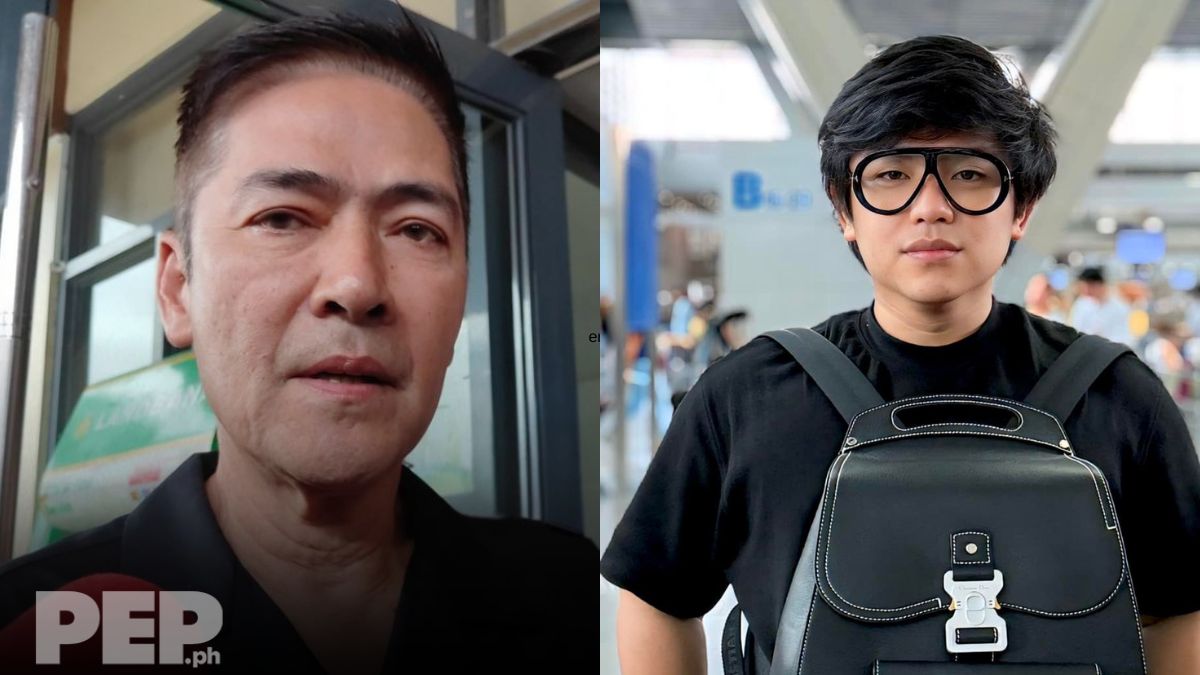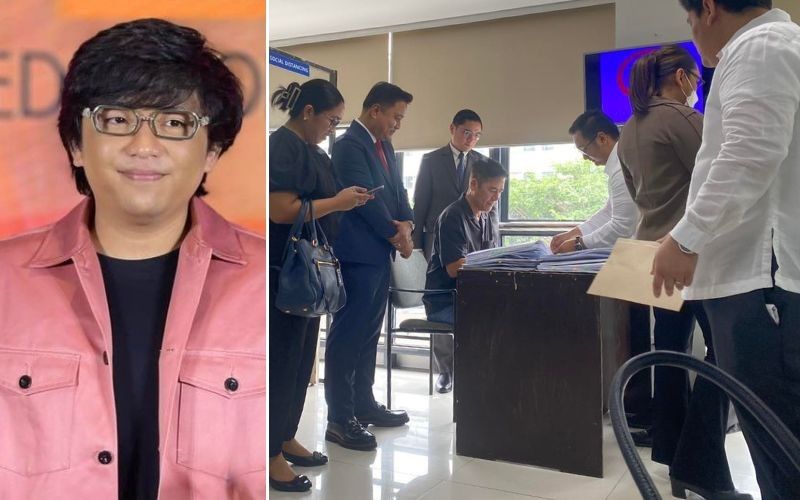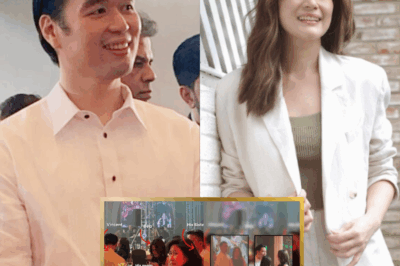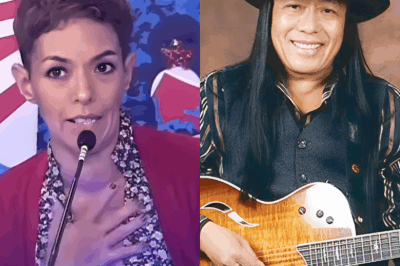Darryl Yap to Face Trial After ‘Not Guilty’ Plea in Vic Sotto Cyberlibel Case

MANILA, Philippines — Controversial filmmaker Darryl Yap is officially headed to trial after pleading not guilty to multiple cyberlibel charges filed against him by veteran actor Vic Sotto. The charges stem from Yap’s latest film project, The Rapists of Pepsi Paloma, which reignited one of the most sensitive controversies in Philippine showbiz history.
The plea was entered during Yap’s arraignment on Tuesday, June 3, at the Muntinlupa Regional Trial Court, according to his legal counsel, Attorney Raymund Fortun. As per the Rules of Criminal Procedure, a not guilty plea means that a full trial will proceed to determine whether Yap is criminally liable for the charges.
Background of the Case

The legal dispute centers on the teaser trailer of Yap’s upcoming movie, The Rapists of Pepsi Paloma, released online on January 1, 2025. The teaser explicitly named Vic Sotto in connection with the alleged 1982 rape case involving former child actress Pepsi Paloma — an incident that has remained controversial and largely unresolved in the court of public opinion for decades.
Sotto, who has consistently denied the allegations since they first emerged in the 1980s, responded swiftly and decisively. On January 9, 2025, he filed 19 counts of cyberlibel against Yap, arguing that the teaser constituted a deliberate and malicious attempt to tarnish his reputation. The actor is seeking ₱35 million in damages: ₱20 million for moral damages due to public ridicule, and an additional ₱15 million in exemplary damages intended to discourage similar acts of defamation in the future.
The Muntinlupa City Prosecutor’s Office later filed two formal counts of cyberlibel against Yap on March 17, stating that there is prima facie evidence and a reasonable certainty of conviction for the online publication of defamatory content.
What Is Cyberlibel?
Cyberlibel is a criminal offense under the Cybercrime Prevention Act of 2012 (Republic Act No. 10175), which extends the Revised Penal Code’s definition of libel to digital and online content. Libel is defined as the public and malicious imputation of a crime, vice, or defect — real or imaginary — that tends to cause dishonor or discredit to another person.
By naming Sotto directly in a movie teaser shared over social media platforms and branding him a rapist, Yap may have crossed the line between artistic expression and criminal defamation, according to the prosecution.
Defense and Legal Strategy
Yap, known for his provocative storytelling and politically charged films, has remained largely silent in public about the charges, deferring all comments to his legal team. Attorney Fortun told reporters after the arraignment that his client maintains his innocence and believes the charges are “an attempt to silence uncomfortable truths through legal pressure.”
Fortun did not elaborate on the specifics of the defense strategy but emphasized that Yap intends to fight the case vigorously in court. “We are confident in our position that the film teaser, while controversial, falls under the scope of artistic freedom and protected speech,” he said.
He also revealed that the next hearing is scheduled for August 19, where both parties are expected to submit initial evidence and witness lists.
Public Reaction and Industry Impact

The case has sparked intense debate across social media, with netizens, legal experts, and fellow artists weighing in. Some support Yap’s right to free speech and artistic interpretation, arguing that his film sheds light on a dark and often ignored part of the entertainment industry’s past. Others, however, have condemned what they see as a reckless and potentially defamatory portrayal of a public figure without sufficient legal backing.
Industry insiders are also watching the case closely. If Yap is convicted, it could set a precedent for future content creators, raising questions about how far creative works can go when they touch on real-life allegations — especially those that were never officially adjudicated in court.
A Brewing Cultural Clash
At the heart of the case is not just a legal battle, but a cultural and generational clash. Sotto represents an era of showbiz icons whose careers were built in a very different media landscape. Yap, on the other hand, is a product of today’s social media-driven world, where bold, controversial content garners attention — and outrage — in equal measure.
While the trial has yet to begin, its outcome could reverberate far beyond the courtroom, affecting not only the reputations of those involved but also the boundaries of storytelling in Philippine cinema.
As it stands, Darryl Yap will now face trial, and the public awaits whether his controversial brand of filmmaking will be defended as art — or punished as a crime.
News
Ellen Adarna and Derek Ramsay Rumored to Have Split—Cristy Fermin Sets the Record Straight
Recently, social media and several online forums have been abuzz with speculation regarding the alleged separation of celebrity couple Ellen…
😱 “Shocking Family FEUD? Ruffa Gutierrez BLASTS Barbie Connection in Explosive Sibling Clash
Ruffa Gutierrez Isiniwalat Naguguluhan Sa Relasyon Nina Richard Gutierrez at Barbie Imperial Biyernes, Hunyo 13, 2025 Agad na naging usap-usapan…
“What Really Happened to Freddie Aguilar’s Inherited Home? Megan’s Quiet Move Sparks Fan Outrage, Hidden Deal Now Exposed!”
MEGAN ADMITS THE TRUTH: “I Was the Reason Freddie Disappeared” — A Nation Demands Answers MANILA, Philippines — In a…
No one saw it coming: Red Sternberg is preparing to step back into the spotlight after years of silence, with a major deal that could completely turn his career around – Michael Flores speaks out for the first time! ‘I’m not coming back to play – I’m coming back to win!’ Red Sternberg declares with confidence.”
Michael Flores reveals Red Sternberg’s plan for showbiz comeback Michael Flores heartbroken over Red Sternberg’s death. Michael Flores (right) on…
Did She Just Meet the In-Laws? Bea Alonzo Spotted Getting Cozy with Vincent Co’s Famil
Bea Alonzo spotted with mom of rumored beau Vincent Co Bea attended an event with Vincent and his family. Ikinatuwa…
My Name Wasn’t in the Will… But What He Left Me Was Priceless” — Maegan Aguilar Uncovers Freddie’s Final Gift 💔✨ “He didn’t leave me money. He left me the truth… and that changed everything.”
“My Name Wasn’t in the Will… But What He Left Me Was Priceless” — Maegan Aguilar Explores Freddie’s Final Gift…
End of content
No more pages to load












